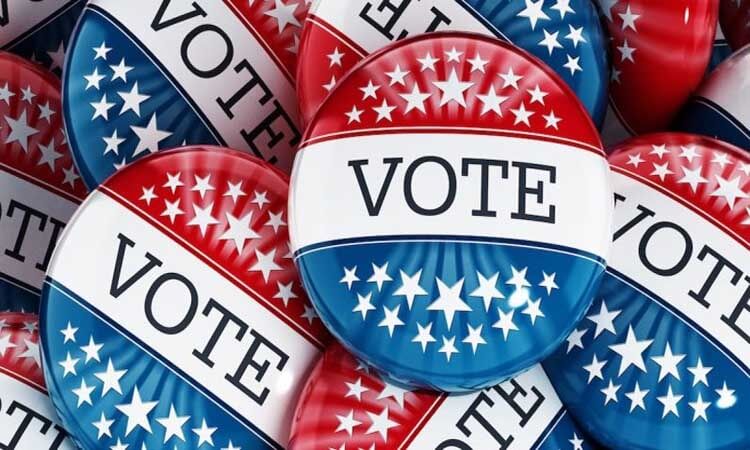“Depending what sector, what area you’re in, you’re going to have a favourite.”
While Trump may be pro-business and focused on cutting red tape and taxes — and markets had a good run during his last presidency — Harris presents less of a concern when it comes to geopolitical risks, said Mona Heidari, senior financial advisor at BlueShore Financial.
This “contributes to stronger investor sentiments and stronger investor confidence to invest in the stock market,” Heidari said.
Could the proposed policies drive inflation?
On conference call to discuss Gildan Activewear Inc.’s latest results, chief executive Glenn Chamandy said Thursday that tariffs factor into costs and can create inflation, but it’s still unclear what their overall effect would be. He expressed optimism that Gildan won’t be disadvantaged.
“If tariffs come in, they come in for everybody, so we’ll be in the same position that we’re in today,” he told investors on the call.
Higher spending from the government—which both candidates are likely to do—can be inflationary, making price growth stickier, said Kevin Headland, chief investment strategist at Manulife Investment Management. So can tariffs and tax cuts, he added.
A TD Economics report from mid-October said the Democrats “have a historical edge when it comes to stock market performance,” but that this is likely a reflection of the state of the economy when they take office.
Currie noted that the health-care sector usually does worse in U.S. election years, and that’s no exception this time around. Both parties like to say leading up to an election that they will fight big drug companies and insurance companies, but their promises are usually overhyped, he said.
